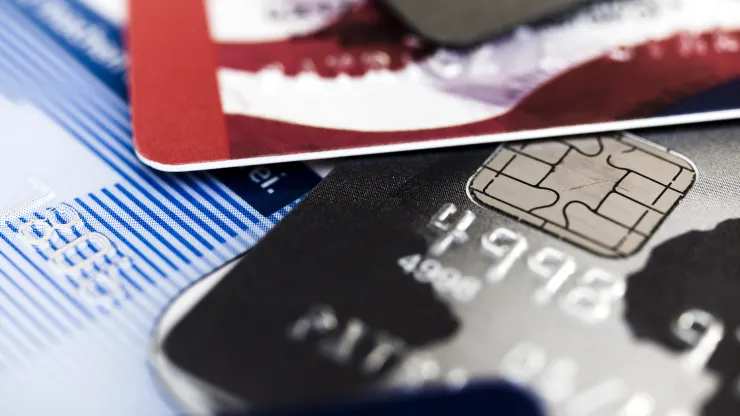The Consumer Financial Protection Bureau (CFPB) is considering implementing a groundbreaking rule that could save American consumers approximately $10 billion annually in late fees for credit card use. However, this rule is now under threat as the U.S. Chamber of Commerce, representing the card industry, has taken legal action to halt its enactment. With a decision pending from the Northern District of Texas, the outcome could significantly influence credit card fee structures and consumer finance.
Legal Battle Over Consumer Savings
The CFPB’s initiative, intended to reduce the burden of late fees from a standard $32 to just $8 per incident, has been met with stiff opposition from the card industry. Spearheaded by the U.S. Chamber of Commerce, the industry filed a lawsuit in March, arguing that the rule could have unintended consequences for consumers and banks alike. This lawsuit has sparked a jurisdictional shuffle between Texas and Washington, D.C. courts, illustrating the contentious nature of the regulatory change.
Industry Backlash and Financial Implications
Big card issuers like Capital One and Synchrony have voiced concerns over the rule’s financial impacts. According to Capital One CEO Richard Fairbank, the regulation would affect the bank’s revenue for years, prompting them to consider various “mitigating actions,” such as increasing interest rates or introducing new fees. This pushback highlights the broader industry strategy to maintain profit margins in the face of regulatory constraints.
Potential Outcomes and Economic Effects
As the legal proceedings inch closer to a critical junction, the future of the CFPB rule hangs in the balance. Tobin Marcus of Wolfe Research suggested that the Chamber of Commerce might succeed in delaying the rule’s implementation, possibly extending the dispute into a prolonged trial. This legal uncertainty casts a shadow over the potential financial relief the rule aims to provide millions of Americans.
The impending decision by a Texas judge could set a pivotal precedent for consumer financial regulations and corporate litigation strategies. As stakeholders await the ruling, the broader implications for credit card users and the financial industry remain uncertain. The outcome will determine the immediate future of late fee charges and reflect the ongoing struggle between regulatory agencies and powerful industry interests.






















